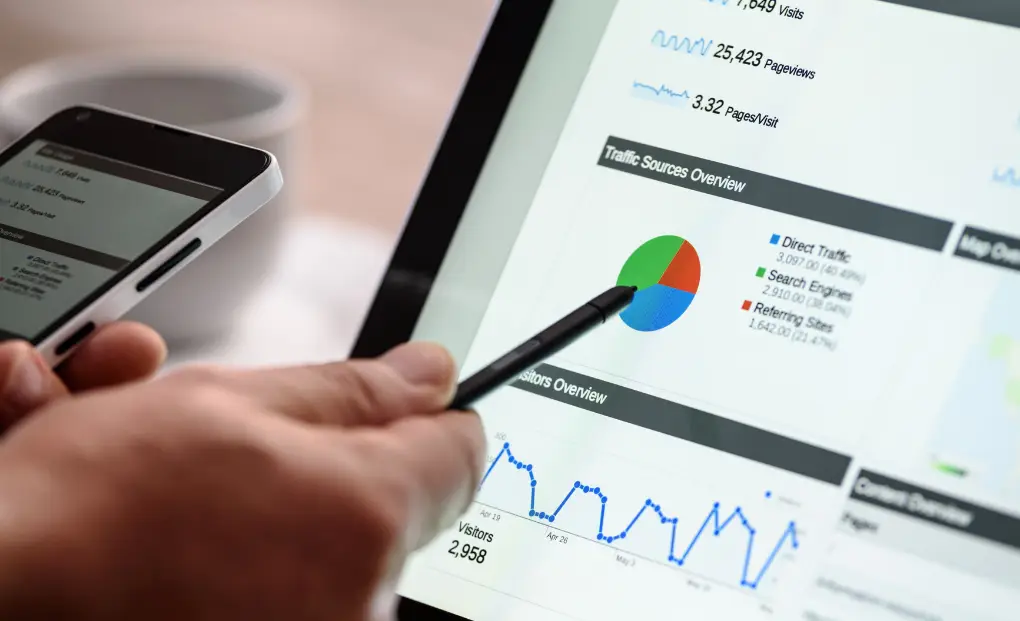When it comes to your business records, there are two methods of business tax accounting, either cash or accrual. While these might sound similar, there are several differences that will affect how you report your financial information to the ATO and your bank.
Here is what you need to know:
Cash accounting
Cash accounting is based on the timing for the receipt of money. When received, income is recorded, and when cash is spent or paid out, an expense is recorded. This accounting system is correctly used for sole traders who provide mostly services. Here all transactions are recorded in the period they actually happened. For example, if you bought supplies for $100 on March 1st but didn’t pay the bill until April 15th, you would record this as a $100 expense in April.
Pros and cons of cash accounting
The advantages of using cash accounting are apparent. It is easy to understand and requires straightforward recordkeeping.
However, there are some disadvantages. The most significant drawback is that you have no way of tracking income until the cash comes in, and that does not correctly reflect the business production. Equally, problems exist when incurred costs are not taken up because they were not paid. These missing costs can make your profit look healthy but does not correctly report the performance of the business.
Accrual Accounting
This accounting system requires the systematic recording of all transactions as they occur throughout the life of a business. Income is recorded when earned, not when it is actually paid to you. Expenses are recorded when incurred, not necessarily when the actual cash payment happens.
Pros and cons of accrual accounting
The main advantage of using an accrual business tax accounting system is that you will know the total profit your business has generated over any period of time, week, month or year. It also makes it easy to track non-cash related items such as depreciation, which can be vital for your business taxes.
However, some disadvantages are associated with using this accounting system. The biggest issue is that the books must remain open until the bills for that month are received and processed. Practically, this is not a problem for most small businesses as expenses are generally paid when incurred, and very few small businesses operate on a credit account system with suppliers.
Unfortunately, the required accounting system for any business is not a choice. The ATO specifies the system for businesses to use. Mostly a few sole traders providing services can, at times, use a cash-based system. However, holding back invoices at the end of the financial year is strictly prohibited. It’s best to talk to your business tax accountant about which method is right for you.
Of course, great software will always help with your business tax records. We recommend Xero because it provides a cost-effective solution with bank feeds and automatic coding rules to reduce the time and cost to prepare your Tax and BAS work.
Book a meeting
If you would like to discuss improvements to your accounting procedures, please book a meeting with Accountants 2 Business.






